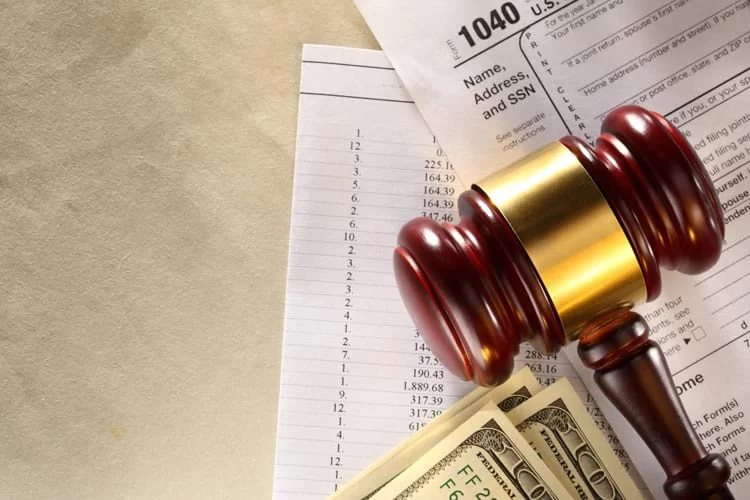
- Understanding Bankrupt Partnerships and Debt Collection Challenges
- Legal Framework and Partnership Insolvency Procedures
- Strategies for Collecting Debts from Bankrupt Partnerships
- Real-Life Case Study: Navigating Debt Recovery in Bankruptcy
- Expert Advice and Resources for Debt Collection
Understanding Bankrupt Partnerships and Debt Collection Challenges
When dealing with bankrupt partnerships, collecting debts becomes a complex and often frustrating process. Unlike individual bankruptcy, partnerships involve multiple parties who share liabilities and assets, which can complicate the debt recovery journey. In a bankrupt partnership, the financial insolvency of the business does not automatically clear the debts owed to creditors, but the legal process for reclaiming these debts requires careful navigation.
The key difficulty lies in understanding how the partnership’s bankruptcy affects your ability to recover owed funds. Creditors must often contend with the partnership’s collective assets, outstanding obligations to other creditors, and the legal hierarchy that governs debt repayment priorities. This makes collecting debts from bankrupt partnerships more intricate than straightforward debt recovery from a sole proprietor.
What Makes Debt Collection from Bankrupt Partnerships Difficult?
First, partnerships do not have the same legal protections as corporations, which can limit the ways creditors recover debts. Second, partners may have personal liability for debts, depending on the type of partnership, which influences debt collection approaches. Third, the partnership’s assets may be insufficient to cover all debts, leaving creditors to negotiate or write off losses. This multifaceted nature requires creditors to have a clear understanding of partnership law and bankruptcy procedures.
Legal Framework and Partnership Insolvency Procedures
Understanding the legal framework is essential for effective debt collection from bankrupt partnerships. The bankruptcy of a partnership is governed by laws that vary depending on jurisdiction, but most systems follow certain principles regarding insolvency, asset liquidation, and debt priority.
Generally, the partnership’s debts are handled through a formal insolvency process that appoints a trustee or liquidator to manage and distribute the assets among creditors. Creditors must file claims and sometimes participate in creditor meetings to assert their rights.
Partnership vs. Individual Partner Liability
One important legal nuance is the difference between the partnership entity and the individual partners. In some partnerships, partners have unlimited personal liability, meaning creditors can pursue their personal assets if the partnership’s assets are insufficient. In limited partnerships or limited liability partnerships, this personal liability may be restricted, which affects debt recovery tactics.
For creditors, knowing the type of partnership is crucial to understanding which assets can be targeted and how aggressively to pursue claims. Consulting legal experts can help clarify these details to optimize collection strategies.
Strategies for Collecting Debts from Bankrupt Partnerships
When faced with the challenge of collecting debts from bankrupt partnerships, a strategic and informed approach is necessary. Here are some effective methods:
1. Early Claim Filing and Monitoring
Promptly filing your claim with the bankruptcy trustee or liquidator ensures you remain in the queue for repayment. Monitoring the progress of the insolvency proceedings helps you stay informed about asset sales, creditor meetings, and any potential settlements.
2. Negotiating Settlements
Sometimes negotiating a settlement or restructuring the debt can lead to a better recovery than waiting for the full bankruptcy process to conclude. Creditors can engage with the trustee or partners to reach agreements that may include partial payments or payment plans.
3. Investigating Partner Assets
If the partnership’s assets fall short, it may be necessary to look beyond the business and pursue individual partners’ personal assets—especially in general partnerships where personal liability applies. This requires careful legal action and evidence gathering to establish responsibility.
4. Leveraging Professional Legal Support
Debt collection from bankrupt partnerships is a specialized area of law. Engaging experienced legal professionals can make a significant difference. They can navigate complex bankruptcy laws, represent creditor interests effectively, and provide tailored advice to maximize recovery.
Real-Life Case Study: Navigating Debt Recovery in Bankruptcy
Consider the example of a supplier owed a significant sum by a regional partnership that suddenly filed for bankruptcy. Initially, the supplier struggled to understand their position amidst a sea of creditors. By promptly filing a claim and consulting legal experts, they discovered that some partners held personal assets that could be targeted.
Through professional negotiations and legal action, the supplier secured a settlement that covered a substantial portion of the debt. This case highlights the importance of acting swiftly, understanding the partnership structure, and having access to specialized legal support when collecting debts from bankrupt partnerships.
Expert Advice and Resources for Debt Collection
For businesses and individuals facing the challenge of collecting debts from bankrupt partnerships, expert advice is invaluable. ESPLawyers offers specialized services tailored to the nuances of partnership insolvency and debt recovery. With years of experience, their team can help you understand your rights, prepare your claims correctly, and develop effective recovery strategies.
Debt collection in these cases requires more than just persistence—it demands strategic action grounded in legal expertise. Whether you are a creditor, a partner, or a stakeholder, accessing professional support can significantly improve your outcome.
If you want to learn more about your options or need assistance with your specific case, ESPLawyers provides comprehensive consultations and solutions to guide you through every step of the debt recovery process.








